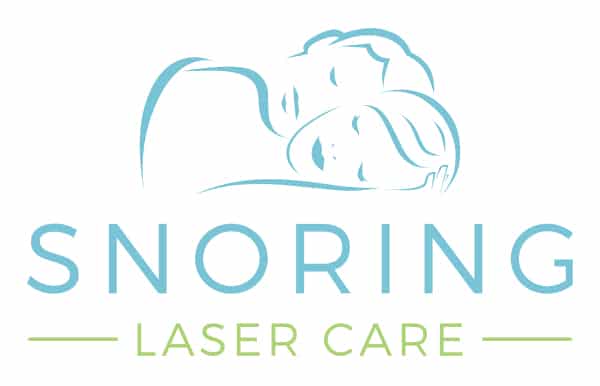The Best List of CPAP Alternatives
Finding an alternative to a CPAP device is often a primary concern of patients after they’re diagnosed with obstructive sleep apnea (OSA).
CPAP machines are the most common means of managing sleep apnea. Unfortunately, they’re often uncomfortable, difficult to adjust correctly and leave many patients feeling frustrated.
The learning curve is so steep with CPAP devices, nearly 50% of patients abandon use altogether. And, this is quite dangerous. Untreated sleep apnea can lead to cardiovascular disease, heart attacks, memory loss, insomnia, and weight gain. Exhaustion related accidents are a significant risk for untreated sleep apnea patients as well.
If you aren’t willing or able to wear a CPAP every night, it’s critical to find a CPAP alternative to treat your sleep apnea symptoms.
Proven sleep apnea therapies are scarce. Many products promise results but only a handful provide long term relief for sleep apnea. Furthermore, most products and procedures may only help those with mild sleep apnea. The choices for lasting relief from moderate to severe sleep apnea are limited.
Before you despair, there are some proven treatments for sleep apnea. It can take a bit of research to determine if you’re a candidate for any of the devices or procedures. But, if you’re able to find a treatment for your sleep apnea that doesn’t require a CPAP, you’ll be rewarded with a great night’s sleep – free from the cumbersome CPAP.
Let’s explore some CPAP alternatives for treating sleep apnea.
Lifestyle Changes
For some sleep apnea patients, lifestyle changes are enough to put a halt to sleep apnea symptoms.
Weight loss:
Obesity is often a contributing factor in sleep apnea. Larger people often carry additional weight around their neck and jaw which can lead to aggravating sleep apnea symptoms. By reaching and maintaining an ideal weight, some patients have gained relief from sleep apnea.
Smoking cessation:
Smoking is also a contributing factor to sleep apnea. Some patients see relief from their sleep apnea after they quit smoking.
Avoid drugs and alcohol:
Alcohol and certain drugs relax the central nervous system. When the central nervous system becomes too relaxed, sleep apnea can result.
Sleep Positioning Therapy:
Sleep positioning therapy can be helpful for some patients with mild to moderate sleep apnea. Most patients experience their worst sleep apnea symptoms when sleeping on their back. So, the theory behind position therapy is simple – avoid apnea episodes by sleeping in a new position. Position therapy generally involves a special brace or pillow to help patients sleep in a position that’s less likely to result in sleep apnea episodes.
Fitted Mouthpieces:
Fitted mouthpieces for sleep apnea are best for patients with mild or moderate sleep apnea. These devices prevent sleep apnea episodes by lowering the jaw and keeping the airway open during sleep. Mouthpieces are met with varying degrees of success. Unfortunately, most patients don’t see long term results from oral positioning devices.
Surgery:
Surgery is yet another alternative to being tethered to a CPAP device. There are a handful of surgical options available – the minor surgeries are often unsuccessful. However, some patients do see lasting results from more dramatic surgical options.
Minor surgical options include:
Tongue reduction
Trimming of the soft palate and uvula
Tonsil removal
Removal of nasal polyps or turbinates
Repair of Deviated Septum
Maxillomandibular Advancement has a high success rate as an alternative to a CPAP but requires major surgery. Maxillomandibular Advancement requires fracturing both the upper and lower jaws and moving them forward to create a bigger airway.
NightLase:
Finally, we come to NightLase – an effective and relatively painless CPAP alternative. NightLase is a laser technique that strengthens oral tissue keeping the airway open while you sleep.
NightLase is performed over four 30 minute sessions. No anesthetic is required and patients are immediately able to return to work and normal activities as soon as their appointment has ended. While the course of the treatment is 12 weeks, most patients see immediate results after their first session.
We highly recommend looking into NightLase as a safe, fast, effective means of controlling your sleep apnea without a CPAP.

